Comexi received FTA Sustainability Excellence Award 2019
Comexi, a specialist in solutions for the flexible packaging printing and converting industry, has received a 2019 FTA Sustainability Excellence Award in the Innovations in Sustainability category for its Life Cycle Analysis (LCA) of its Comexi F2 MC flexographic press.
20 May 2019 | By Rahul Kumar
Organised by the Flexographic Technical Association, the 2019 FTA Excellence in Flexography Awards were presented on 5 May at the Hilton New Orleans Riverside (USA), where 39 gold prizes, 41 silver prizes, 40 bronze prizes and 6 Best of Show Awards were given.
The objective of this Comexi project is to continually acquire knowledge and communicate the environmental impact of the manufacture value chain of flexographic printing presses. Through the implementation of eco-designed products, a circular economy strategy has been established, providing to customers with products that are environmentally respectful throughout their life cycle.
The LCA examines the environmental, social and economic impacts of the machine in order to make across-the-board improvements, and at the same time promotes healthier working conditions. “The target of this analysis is to identify our environmental impact of the whole life cycle of the Comexi F2 MC flexo machine” said Olof Buelens, vice-president of Comexi North America.
LCA is the unique tool that allows the user to quantify the environmental impact associated with every stage of the product’s life cycle, from the initial extraction of raw materials to the final waste management, while taking into consideration the entire process in between: the processing of materials, manufacturing, distribution, repairs and maintenance. Additionally, the LCA evaluates, identifies and quantifies the use of matter, energy and emissions in the environment to objectively and unequivocally determine the manner in which these processes have the greatest environmental impact, thereby implementing strategies to lessen this effect.
“With this process, we will reduce several impacts including: global warming, ozone layer depletion, photochemical oxidation, eutrophication, and human health,” said Buelens. “The aim of Comexi is to progressively increase the knowledge of the environmental impact of our entire range of products, with the objective of minimizing these impacts, and allowing for compatibility between industrial businesses and the environment.”
Comexi, founded in 1954, has extensive experience in manufacturing equipment for the flexible packaging conversion industry. As a world leader, it operates five product lines, each specialised in a different conversion process: flexography printing, offset printing, laminating, slitting and digital services.


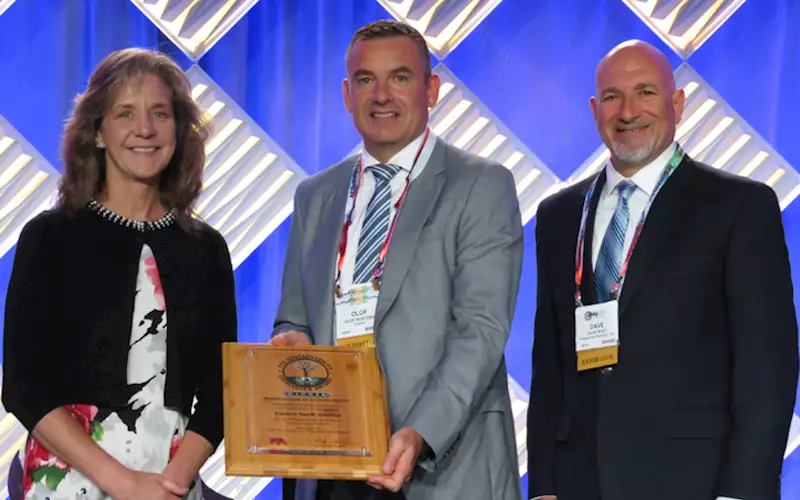
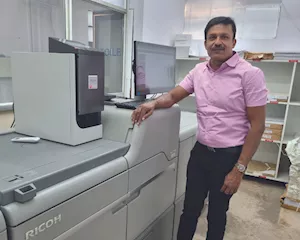
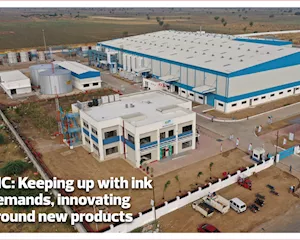
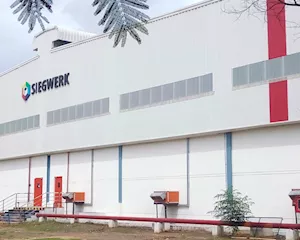
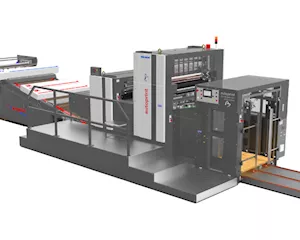
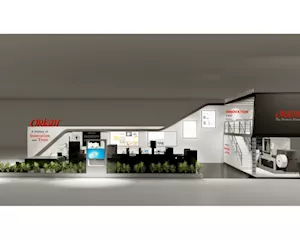






 See All
See All